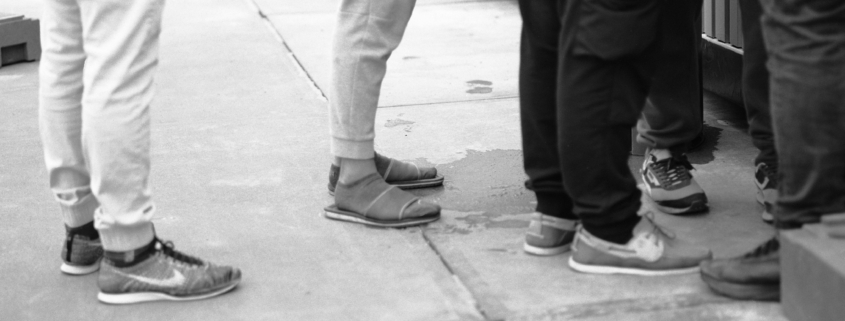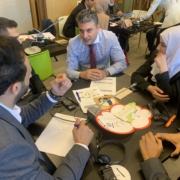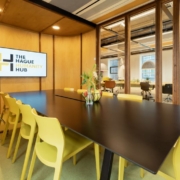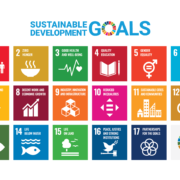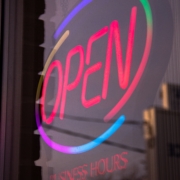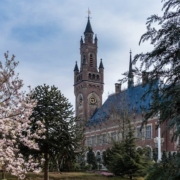TMC Asser Institute and KABK team up for photo exhibition ‘The Daily Life of Human Rights’ at The Hague Humanity Hub
By Thomas Ansell
Human rights, universal human value, and equality before the law are all rooted in principles, which have been alternately developed, codified, debated, and held up as the peak of human intellectual achievement at various times. However, they also all pertain to real people: affecting their daily lives and severely limiting (or enabling) what we might call ‘normal’ human existence- living, working, playing, and developing relationships.
The daily and gritty realities of human rights are often divorced from their foundational principles, and one of the ways to motivate people to human rights challenges is through using imagery. It is this usage that inspired the Asser Institute and KABK to combine on an exhibition using the power of photography to spotlight human rights issues and challenges. As the organisations say, “photography and human rights share an aspiration to universality, a drive to communicate across difference.”
Throughout the exhibition, BA photography students from the KABK have been led by Sofia Stolk (Asser Institute) to find new ways to illustrate human rights themes; from arresting images of locks of hair to symbolise the protest actions of Iranian women (#AMINI by Jade Kievits) to images of soft domesticity intended to portray the guilt felt by diaspora members safely sitting in other countries whilst the countries of their birth or family origin are rocked by instability (Guilty Diaspora by Sima Alsaigh).
Some of the works serve to reinforce that daily life activities are tinged by human rights concerns. Densley Annastatia looks at the principle of equality within the context of Dutch student housing: demonstrating that two ostensibly similar-looking people can be discriminated against due to their nationality (“No Internationals” by Densley Annastasia).
Perhaps the most gripping works are by Jamie Smith, whose work looks into the current crisis in asylum-seeker accommodation in the Netherlands: with a lack of places seeing asylum seekers moved around the country and (temporarily) housed in places including cruise ships.
The exhibition is available to view online, on The Hague Humanity Hub and Just Peace The Hague websites.

